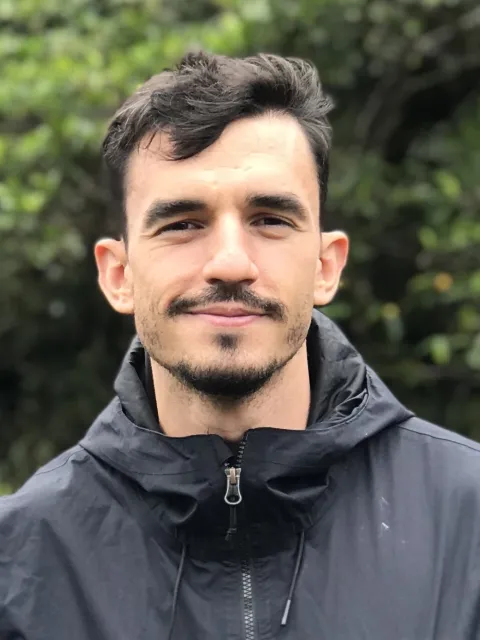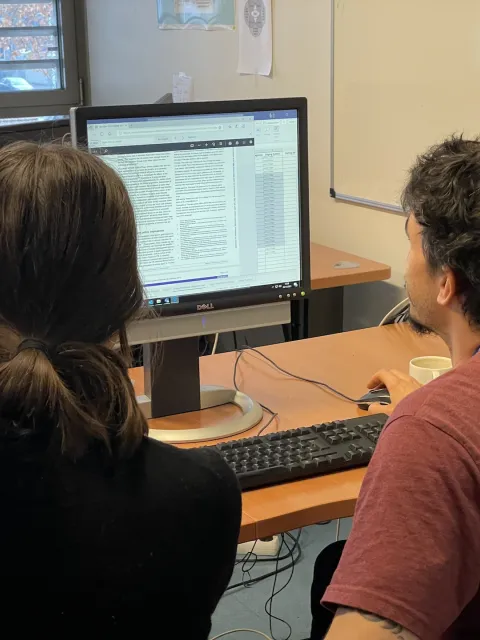Global breast cancer stage: my time at IARC
Back in Autumn 2021 in the picturesque city of Lyon, France, I embarked on an enlightening two-month journey at the International Agency for Research on Cancer (IARC), facilitated by a prestigious UICC Technical Fellowship.
Guided by the expertise of Isabelle Soerjomataram, a Senior Scientist at IARC and the emerging leader in Cancer Epidemiology, Eileen Morgan, I worked on an important study of breast cancer's global stage distribution at diagnosis – the range and frequency of the stage (early to advanced) at which the disease is initially diagnosed in people across the world, since early detection is key to improving survival rates. This effort culminated in a significant publication in JAMA Oncology.
I also had the opportunity to collaborate with scientists from around the globe, such as Clara Frick, Richa Shah and Alicia de Luna. This not only broadened my professional outlook but also provided a unique cultural exchange that was both enlightening and invigorating.
This diversity brought a wealth of perspectives and knowledge to our research discussions, making every day a new learning experience, significantly enhancing the research process, contributing to a study that offers critical insights into breast cancer stage globally. It was truly inspiring to be part of a global community working towards a common goal in cancer research and public health.
As a medical oncologist with a growing interest in cancer epidemiology and public health, this experience was transformative. It bridged my clinical understanding with epidemiological perspectives, underscoring the importance of early detection and the nuances of cancer staging.
The disparities in breast cancer across different regions, especially the challenges faced in low- and middle-income countries (LMICs), highlighted the need for equitable healthcare access and the critical role of public health initiatives.
Early detection of breast cancer plays a crucial role in improving the prognosis and survival rates of patients as it greatly increases the chances of successful treatment and long-term survival. The therapies can often be less aggressive so severe side effects can be avoided and it can reduce the need for more extensive, prolonged, and expensive treatments. In LMICs, where resources are often limited, the challenge of early detection is particularly significant.
My time at IARC was a journey that transcended academic learning. It was an immersion into an international community passionate about making a difference in cancer care. The memories of collaborating with brilliant minds at IARC will stay with me as I continue my journey in medical oncology, enriched by this remarkable experience.
Last update
Tuesday 23 January 2024Share this page


